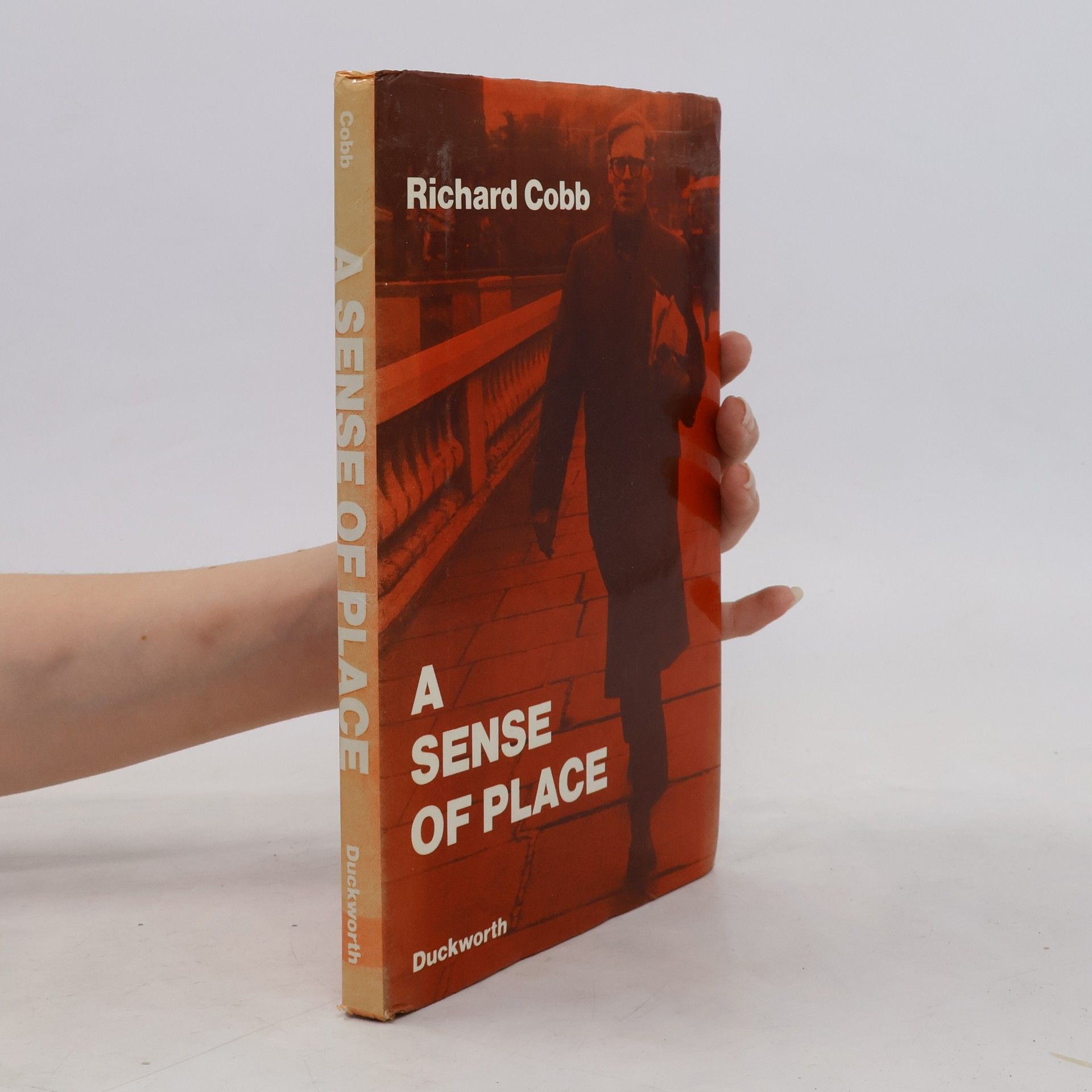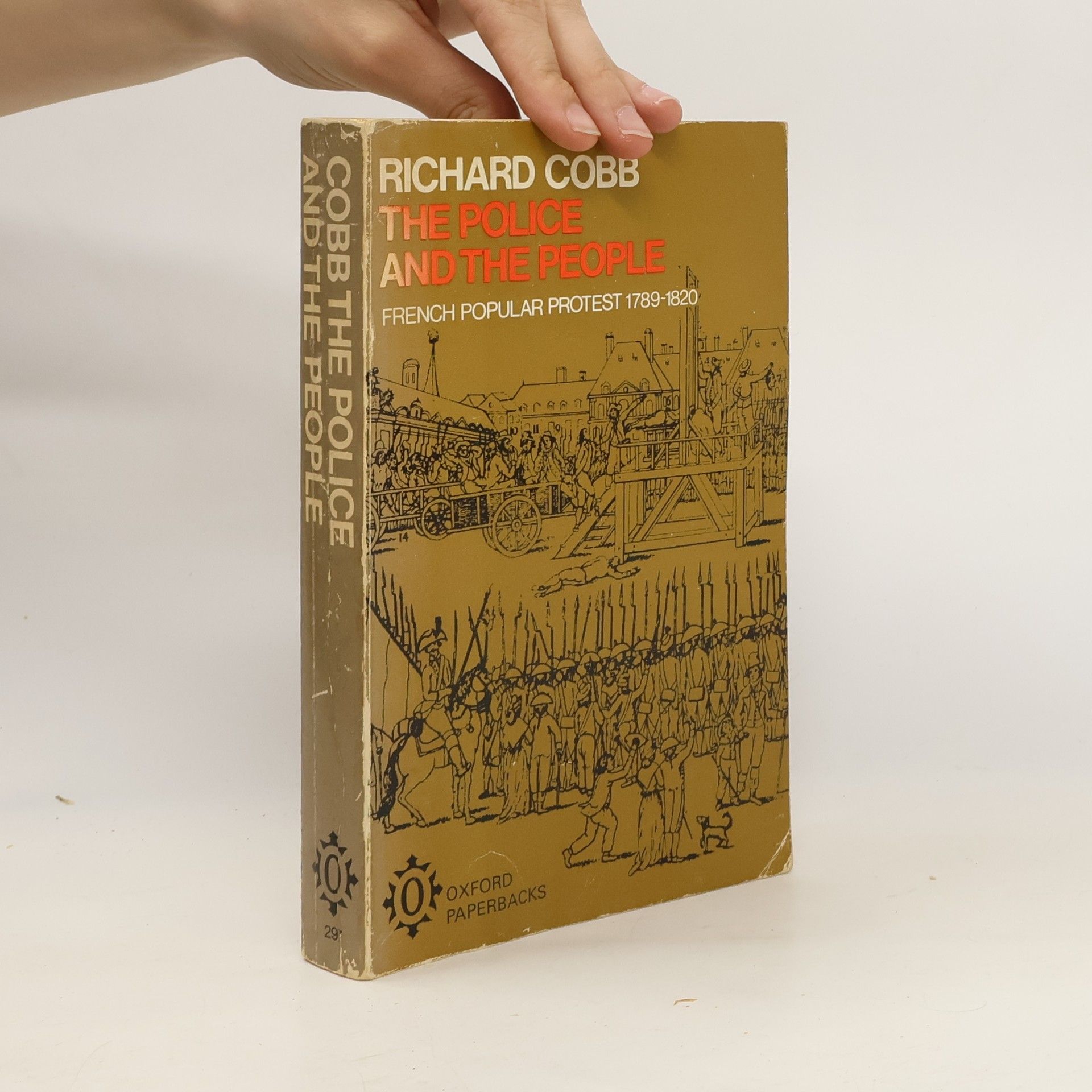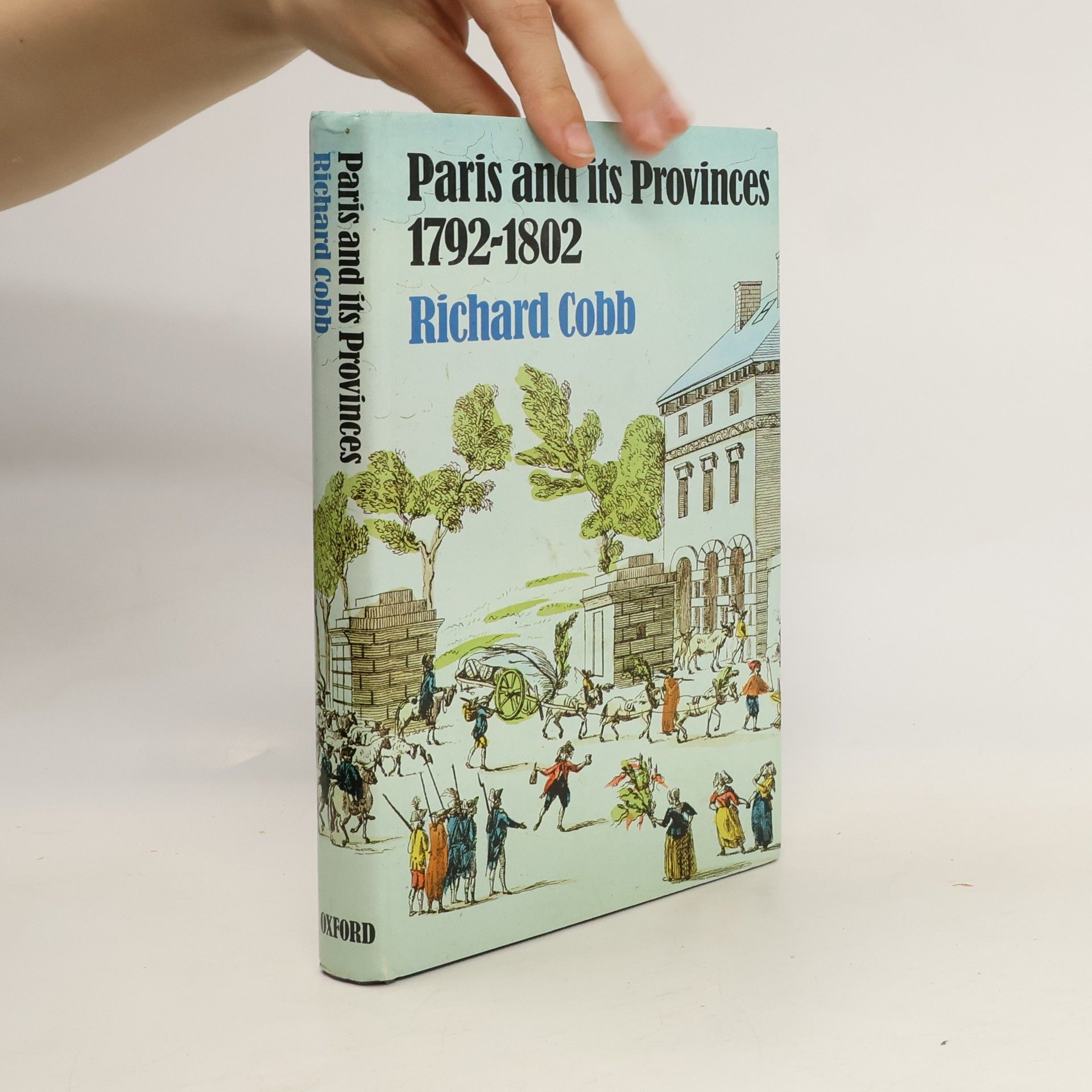Selbstmörder in Paris um 1800: Was mag einen Menschen bewogen haben, seinem Leben in der Seine ein Ende zu setzen? Und was kann ein Historiker über diese Menschen und ihre Beweggründe herausfinden, der heutzutage die Obduktionsprotokolle von Wasserleichen aus der Seine studiert? Angaben über Alter, Beruf, Familienstand, Wohnviertel, Herkunft führen mitten hinein in den Alltag der Armen und Marginalisierten in der revolutionserschütterten Großstadt. Das liest sich teilweise wie ein Krimi, und der Autor agiert wie ein Detektiv. Ein Lehrstück darüber, wie Historiker über verstaubte Akten die Vergangenheit zum Sprechen bringen.
Richard Cobb Bücher
Richard Cobb war ein britischer Historiker, dessen unkonventioneller akademischer Weg, geprägt von jahrelanger unabhängiger Archivforschung in Frankreich, seine wegweisende Arbeit über die Hintergründe der Französischen Revolution maßgeblich beeinflusste. Diese Hingabe an Primärquellen und akribische Details wurde zum Markenzeichen seines geschichtswissenschaftlichen Ansatzes. Neben seinen wissenschaftlichen Errungenschaften wird Cobb auch für seine aufschlussreichen autobiografischen Schriften gefeiert, die den Lesern eine einzigartige persönliche Perspektive bieten. Seine Werke zeichnen sich durch tiefes Verständnis historischer Kräfte und der menschlichen Verfassung aus.
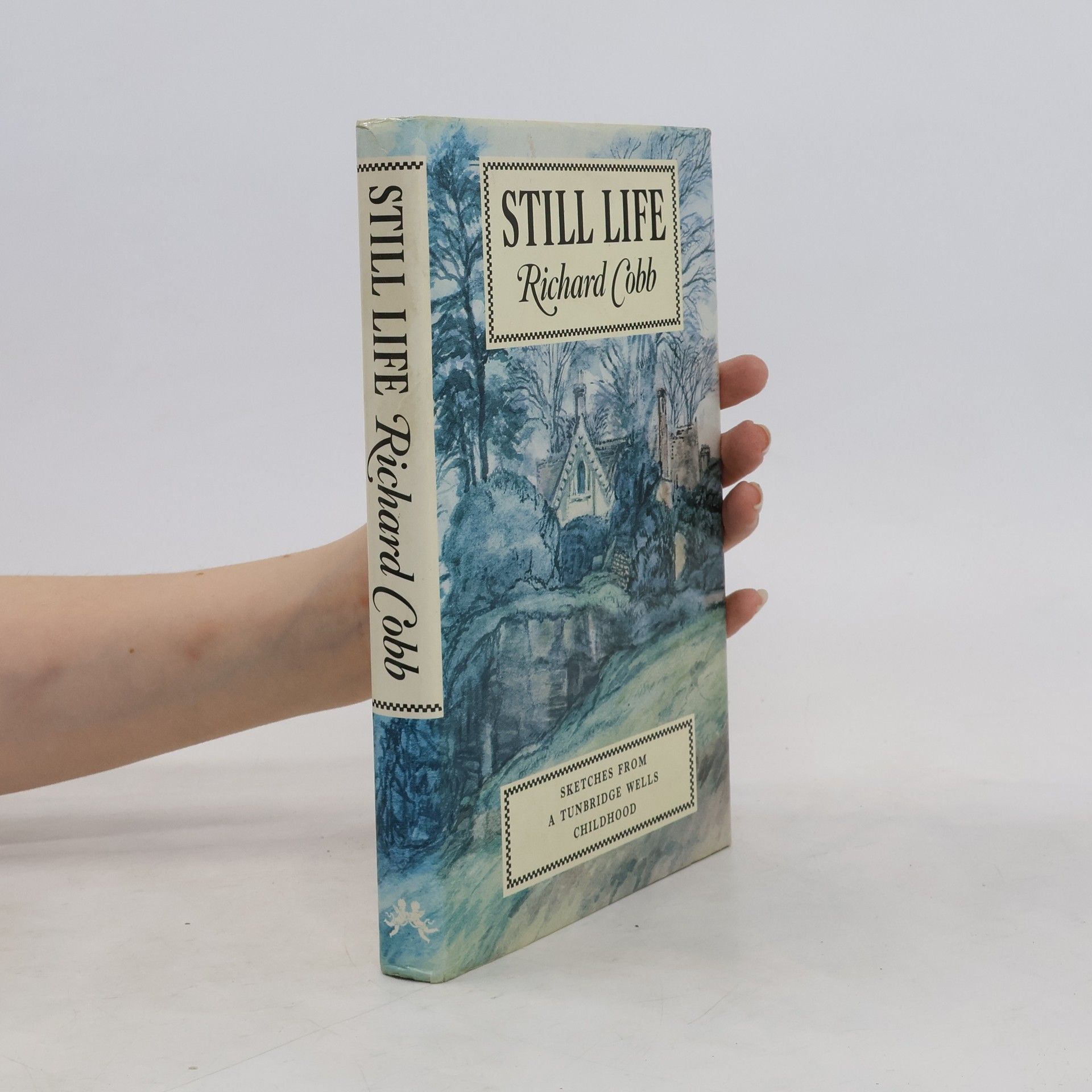

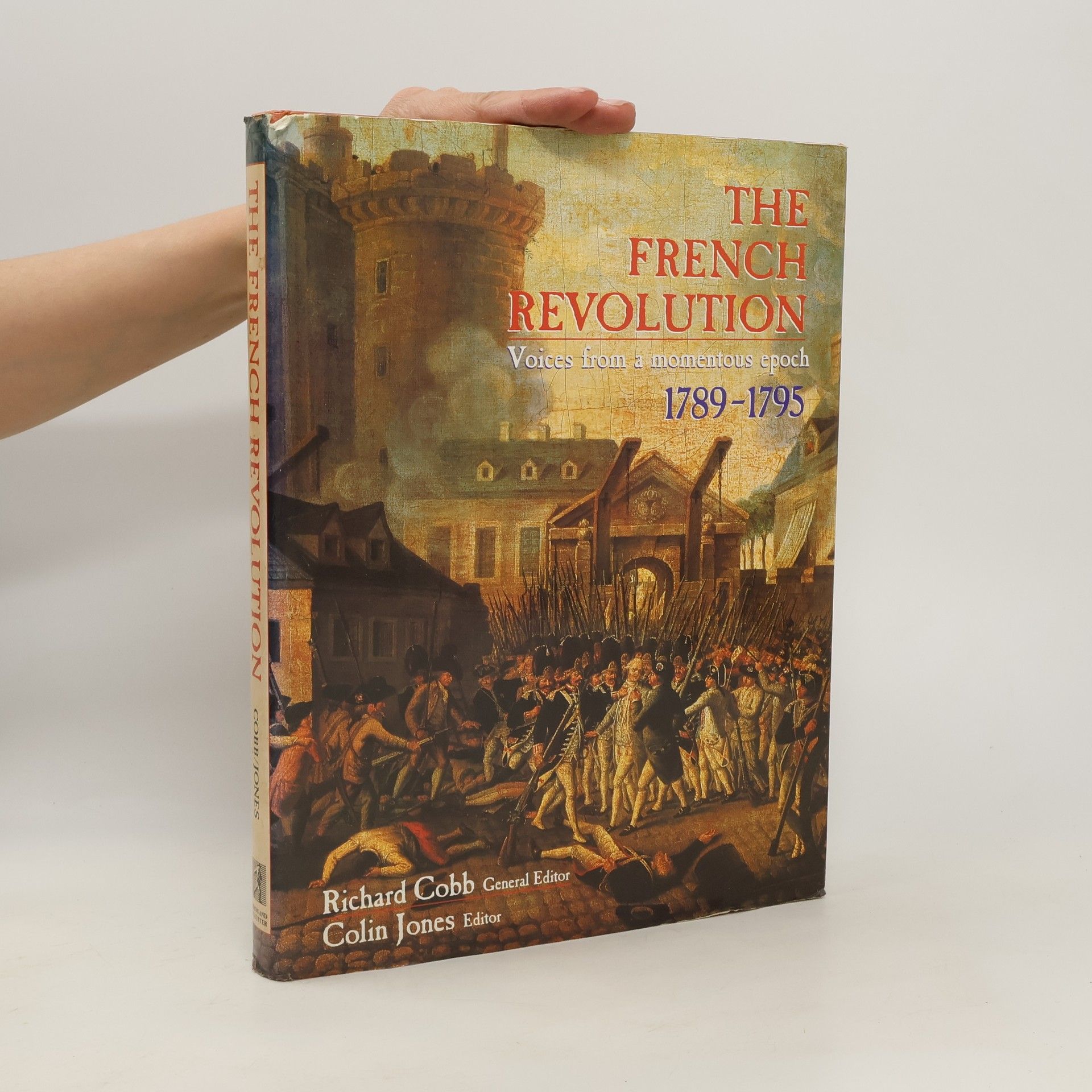


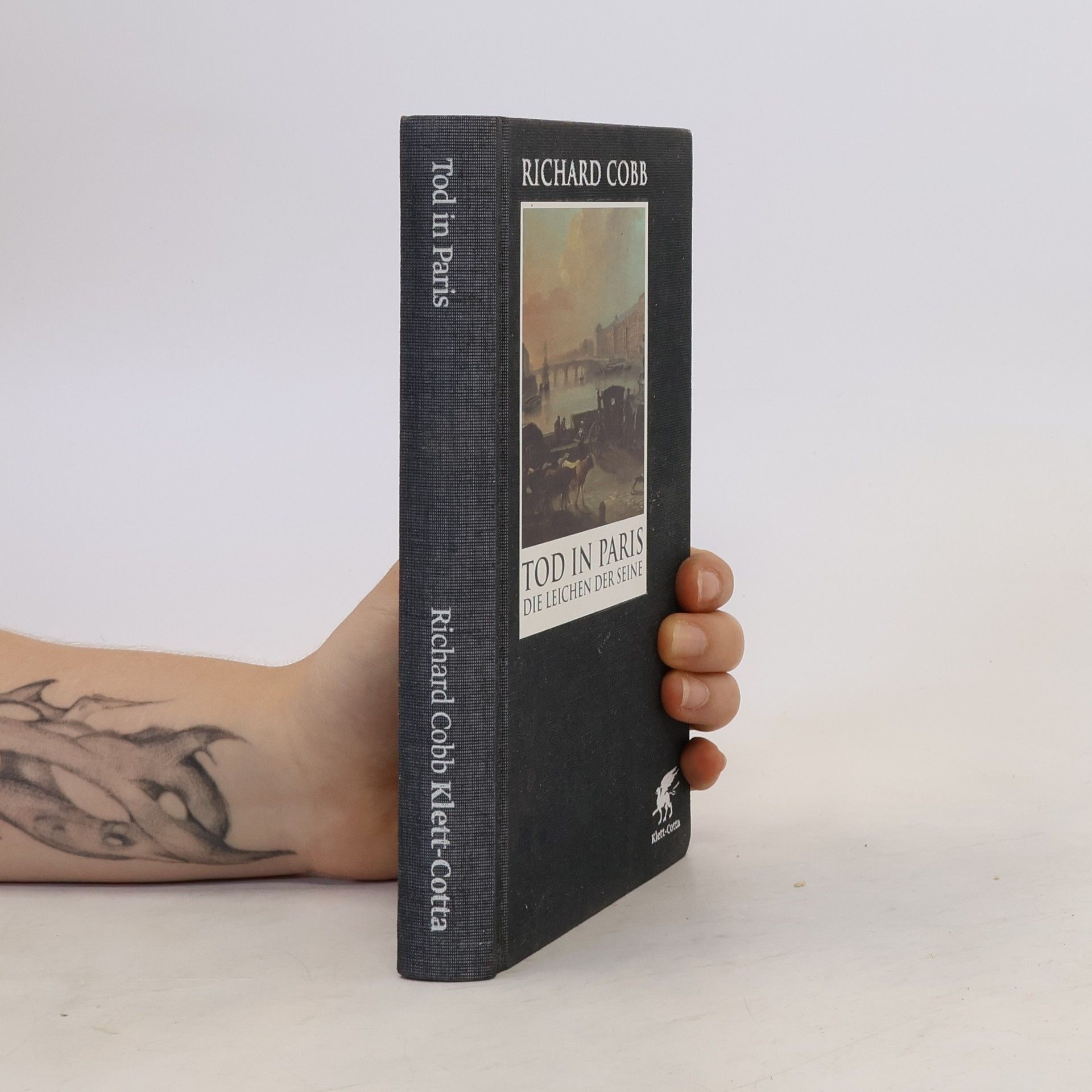
This is the real story of the terrifying murders that tore families and communities apart. The author separates fact from fiction, looking for the truth behind the myth.
Using the original police reports, state of the art photographs, unseen images and diagrams, they present the truth about what actually happened in the autumn of 1888.
The French Revolution Voices from a momentous epoch 1789-1795
French and Germans, Germans and French
- 272 Seiten
- 10 Lesestunden
The most difficult and often savage relationship in 20th century western Europe was between the French and the Germans. Twice, cataclysmic wars were fought out on their borders, successfully by the French in 1914-18 and unsuccessfully in 1940. Both wars led to military occupation--for the large block of northern France behind the German trenches in the First World War and ultimately the whole country in the Second. Richard Cobb's extraordinary book is a meditation on the whole idea of occupation. How do you survive? When do you collaborate? What moral compromises are necessary? Above all, it is a book about the way that history gives a shape and rationality to events which for those living through them are completely mysterious, and terrifying. For those trapped under German rule--frightened, confused, malnourished--what is the right course of action? French and Germans, Germans and French recreates, with a brilliant mix of wit and sympathy, the story of one of the modern era's great dramas.
Still Life Sketches from a Tunbridge Wells Childhood
A Sense of Place
- 152 Seiten
- 6 Lesestunden
French and Germans. Germans and French
A Personal Interpretation of France Under Two Occupations, 1914-1918/1940-1944
An extraordinary history of French lives under occupation in the First and Second World Wars, this is an intimate, unforgettable meditation on the strange mixture of compromise and betrayal, collaboration and resistance that marks defeat, written by one of the greatest historians of France
One has come to expect from Mr. Cobb's work a combination of erudition, verve, originality and eminent readability and those who approach this volume with these expectations will in no way be disappointed. It falls into three parts, each an entity in itself: the first a critical and humourous discussion of the sources at the disposal of the popular historian, the second a study of the manifold expressions of popular protest, and the last a moving analysis of popular response to dearth.But it is much more than this. It serves also as a kind of manifesto directed against a number of approaches to the writing of social history - not least pour faire l'histoire il faut savoir compter school who have... erected the statistic into a lifeless end in itself. Where have all the people gone? Mr. Cobb wants to know, an as a historian he is dissatisfied with an answer that requires the use of log tables or the perusal of a graph...The result is a work teeming in humanity and with the infinite variety of a breughel canvas.English Historical Review
FINE in FINE DJ. Not XLIB or remainder. No marks inside.
